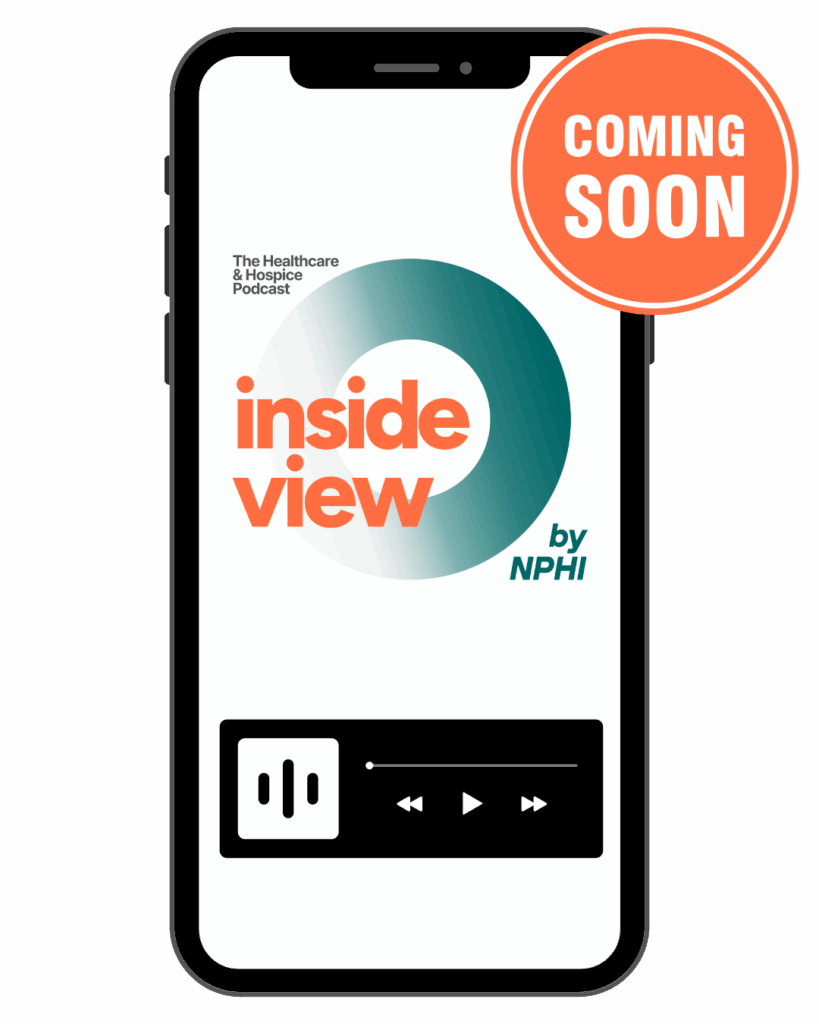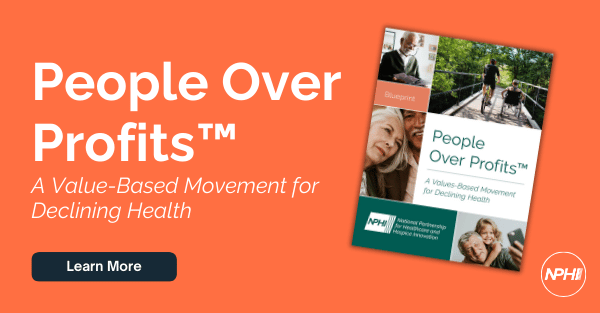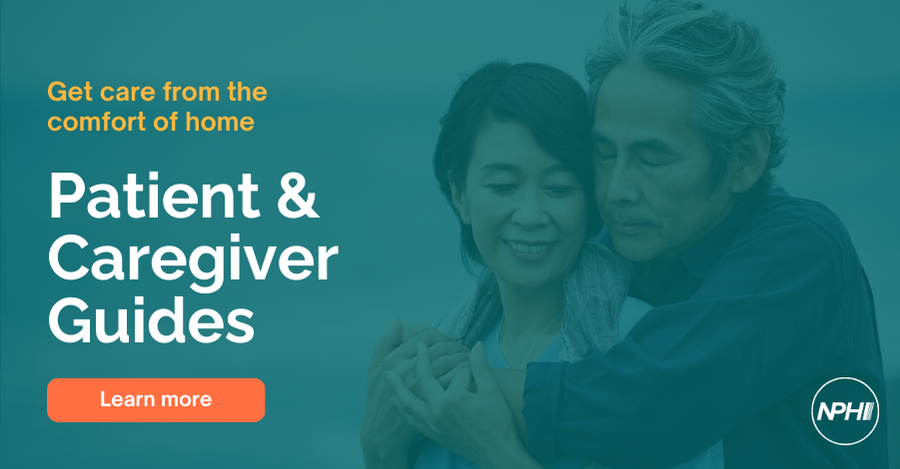More nursing homes are providing hospice care, but such services remain largely underused, a new LeadingAge report finds.
The analysis notes that the hospices’ prevalence has skyrocketed in recent years, with the number of providers nearly doubling since 2000, at about 4,200 in 2016.
“Over the same period of time, the hospice patient population has changed drastically: Hospice is now serving more individuals residing in nursing homes and assisted living in addition to its traditional home-based population,” according to the report.
In 2016, about half of all Medicare hospice beneficiaries died at home, while one-third died in a nursing home. Terminal conditions treated by the benefits have changed too. While the service was almost exclusively limited to cancer in the past, patients with dementia and heart disease are increasingly using it, too.
Though hospice use has grown exponentially in recent years, utilization remains low, report authors note. About 28% of Medicare beneficiaries who used the benefit enrolled for fewer than seven days before death, and there is wide variation from state to state. About 18% of Medicare beneficiaries used hospice in Alaska at the low end, compared to 59% in Arizona.
“Nonprofit Hospice Services: Where Mission and Community Meet” — produced in conjunction with LeadingAge Ohio and the National Partnership for Hospice Innovation — offers several suggestions to bolster use. Those include expanding telehealth options, providing more information to patients, and enhancing access in rural areas.










